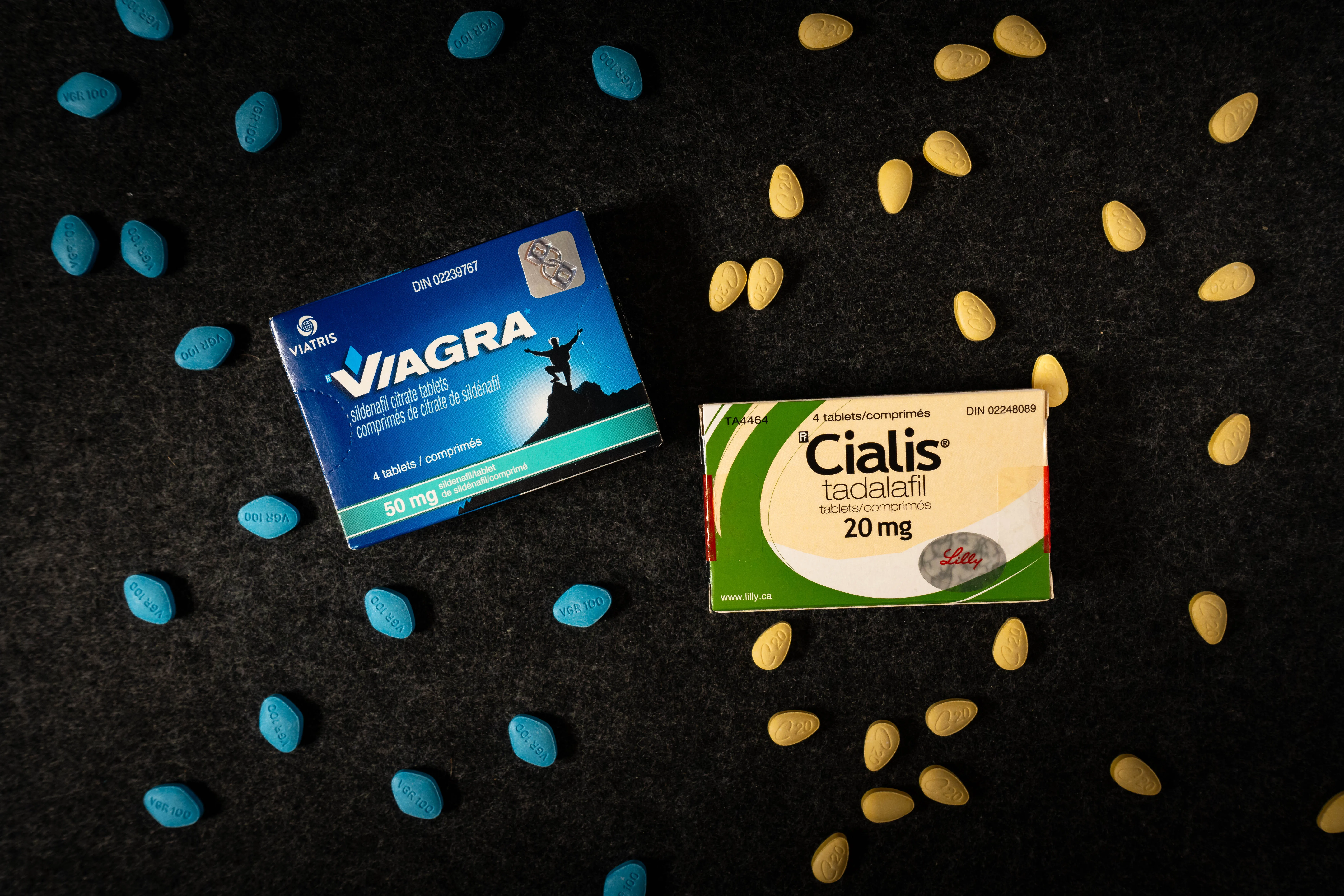
Hair loss
Hair loss
What is Minoxidil? Everything You Need to Know
Find expert answers to common questions about men’s health issues like erectile dysfunction, hair growth, weight loss, and more. Subscribe now to learn more.
Phoenix is not a pharmacy or drug manufacturer.
Prescription products require an online consultation with a licensed healthcare practitioner who will determine if a prescription is appropriate.
© 2025 Phoenix Digital Health Inc.
Privacy Policy • Terms of Use


